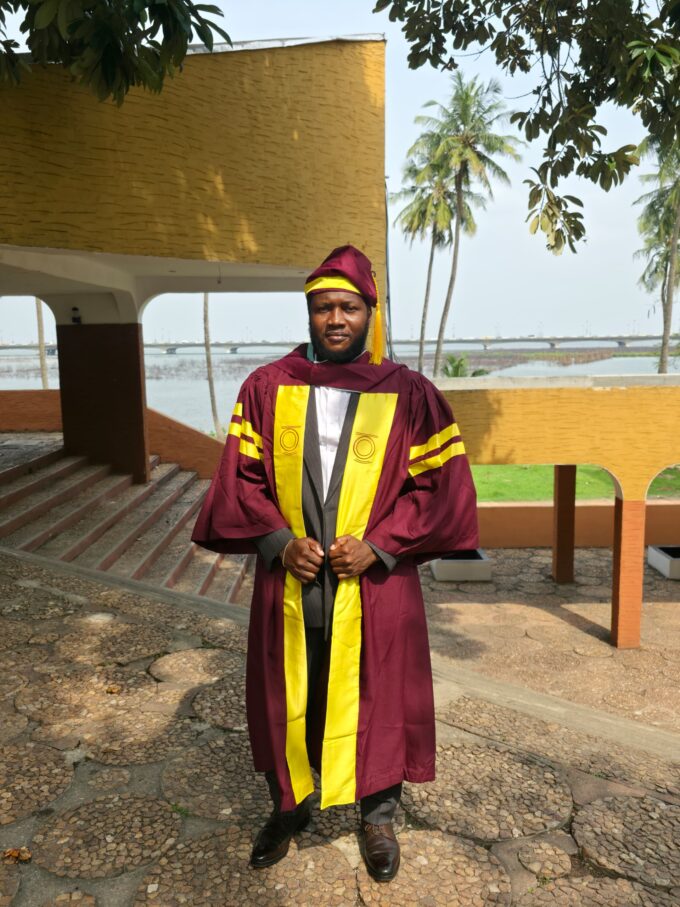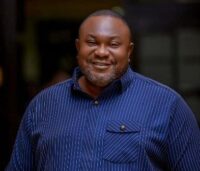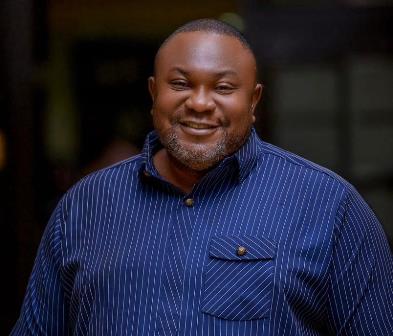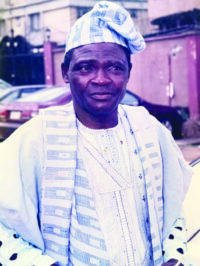In recent weeks, the Federal Capital Territory (FCT) has taken on the feel of a construction site-turned-celebration venue. Hate or love his combative style of politics, the Minister of the Federal Capital Territory, Nyesom Wike, has undeniably delivered on several fronts. He is reviving long-abandoned infrastructure projects, enforcing urban development regulations, and injecting a renewed sense of urgency into the FCT’s administration.
His leadership style may polarise opinion, but his results are difficult to ignore as the FCT has been marked by rapid development, extensive road rehabilitation, urban expansion, and a commitment to executing long-overdue projects.
In a political climate where many promises are rarely fulfilled, Wike’s recent commissioning spree deserves applause. The events proved that when political will meets executive audacity, the results can be concrete.
But something disturbing caught my attention during the project commissioning period. Among the sea of dignitaries and political allies that graced these ceremonies almost daily were three former Peoples Democratic Party (PDP) Governors of Abia State, Okezie Ikpeazu; Benue, Samuel Ortom, and Enugu, Ifeanyi Ugwuanyi. They were permanent fixtures, present at the ceremonies for photo-op and speech. Two of them were also at the thanksgiving service that was held after the projects’ commissioning. Sometimes you see them grinning from ear to ear and swaying their bodies to the rhythm of Wike’s special band and clapping to his jabs at his political foes, as if attendance was their full-time job.
I kept wondering how men who once held sway for eight years in their respective States, would wake up in the morning and go and sit down for palace, market and other projects’ commissioning for several days.
Get me right, I am not saying there is something wrong with them going out to support their friend, but for former State Governors to be permanent faces at such events, day after day, naturally raises eyebrows and serious questions.
Was this a case of unwavering loyalty to Wike, their political benefactor and long-time associate? Is it laziness, a refusal, or an inability to find relevance outside the cozy corridors of political patronage? Or are they politically lost, men who once ruled states now drifting in search of a new identity and purpose, especially with the weakening of the PDP since the adoption of the African Democratic Congress (ADC) by the leaders of the coalition?
A peek into his profile shows that Okezie, 60, is a biochemist and teacher. He governed Abia State from 2015 to 2023. After graduating from the University of Maiduguri, where he studied Clinical Biochemistry for his first and second degrees, he obtained a doctorate in Biochemical Pharmacology from the University of Calabar and distinguished himself as an academic before venturing into politics. It was then expected that outside the office, he would probably return to the academic or research world, or even find other meaningful things to lay his hands on, leveraging his rich expertise to contribute to national development.
Ortom, 64, an accomplished businessman, governed between 2015 and 2023. Aside from becoming a professional driver, he holds Diploma in Salesmanship, Journalism, as well as in Personnel Management. In addition, he has a Master’s Degree in Public Administration.
Ugwuanyi, 61, called ‘Gburugburu’ by his admirers, before becoming governor in 2015, was a member of the House of Representatives for 12 years. Before that, armed with a B.Sc. degree in Finance, M.Sc. degree in Marketing (Public Relations) both from the University of Nigeria, Nsukka, as well as an MBA degree in Finance and another MBA degree in Accountancy from Enugu State University of Science and Technology (ESUT), he rose to become the General Manager of Premier Insurance Brokers Limited, Enugu. One would expect that he leverages this rich and diverse academic background, combined with years of executive experience, to spend more time contributing meaningfully to society instead of sitting under canopies for hours, in almost one month in the name of attending project commissioning, which he was not part of the execution.
The foregoing, therefore, raises a larger question about why it is so difficult for many in the political class to find a second address once they leave public office. A truly fulfilled political career should culminate not in daily appearances at commissioning ceremonies but in purposeful engagement through business, academia, civil society, or mentorship.
There’s a dangerous culture forming in our democracy—a life without reinvention. Too many of our leaders are conditioned to believe that relevance only comes with public office. But public office is a service, not a permanent identity. A post-governorship life should not mean trailing one’s former associates from podium to podium. For instance, in the United States, former Governors of California, Jerry Brown, returned to legal practice and advocacy after service, while Arnold Schwarzenegger is now a global voice on climate change. These few examples reflect a culture where public office is a phase and not a lifetime entitlement.
Former political officeholders possess invaluable experience, institutional knowledge, and networks that can greatly benefit national development beyond their time in office. It is both a moral obligation and a patriotic duty for them to remain fully engaged in meaningful ventures—whether through mentorship, public policy advocacy, private enterprise, or philanthropy.
When they withdraw into idleness or reduce themselves to political cheerleaders, the nation loses critical insight that could guide reforms, shape governance, and inspire future leaders.
These men have a lot more to contribute to Nigeria instead of idling. We need to see them contribute positively to Nigeria’s productivity through mentorship, policy advocacy, institution building, or even returning to their professional roots. Their experiences should be a national asset. Therefore, there is a need for these men to reflect on how best to apply themselves meaningfully to national development.


















Leave a comment